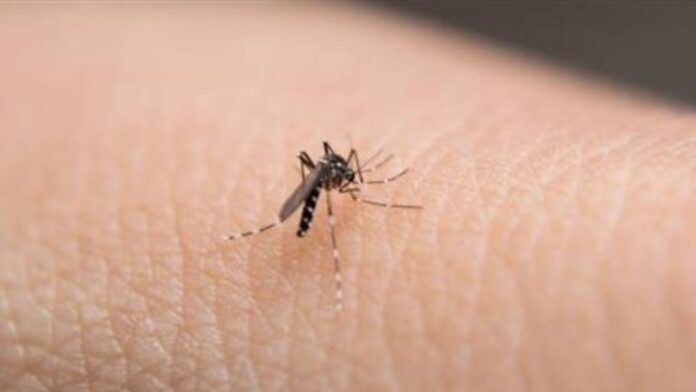Brazil has recorded the first-ever deaths from the Oropouche virus, a disease transmitted by the bites of infected midges and mosquitoes. Here is what we currently know about the virus:
Two women under 30 from Bahia, Brazil, have become the first reported fatalities due to the virus, as confirmed by Brazil’s health ministry on Thursday. Their symptoms were similar to those of dengue, another mosquito-borne disease often mistaken for Oropouche.
What is it?
The virus was first identified in Trinidad and Tobago in 1955. It is primarily spread through the bites of midges, though mosquitoes can also transmit it. “It is crucial to note that, based on our current knowledge, the virus is not spread directly from human to human,” said an Italian infectious disease researcher. This implies that travelers visiting affected areas cannot transmit the virus elsewhere. Brazilian authorities are investigating reports that pregnant women may have transmitted the virus to their unborn children, according to the Pan American Health Organization (PAHO).
Where is it?
The virus has been reported in regions of South America, Central America, and the Caribbean. PAHO has stated that over 7,700 cases have been reported this year in five countries: Brazil, Bolivia, Peru, Cuba, and Colombia. Brazil alone has reported 7,236 cases in 2024, according to its health ministry.
What are the symptoms?
Symptoms of the Oropouche virus resemble those of dengue, including fever, muscle aches, stiff joints, headache, vomiting, nausea, chills, and sensitivity to light, according to the US Centers for Disease Control and Prevention. Severe cases can lead to life-threatening complications such as meningitis. There are no specific treatments or vaccines for the virus. The best protection is to avoid midge and mosquito bites in affected areas by covering up, using strong insect repellent, and employing fine-mesh mosquito nets, as midges can penetrate traditional nets, per PAHO.
Threat of a wider outbreak?
Compared to other viruses like dengue and chikungunya, the Oropouche virus is less studied and understood. A review in The Lancet earlier this year described it as “a prototypical neglected disease,” noting its potential to become a significant health threat due to its ability to spread widely and cause severe health issues.
Laboratories in Europe detected the first two cases ever recorded on the continent in two unrelated travelers returning to Italy from Cuba earlier this year. Due to the high number of travelers to affected regions, more cases in Europe are likely. Researchers have warned that warmer temperatures due to climate change are expanding the range of mosquitoes globally, which could increase the spread of viruses like Oropouche.
What needs to be done?
More research is needed to understand the virus’s impact on different populations. Developing a rapid detection test for the virus at the earliest possible stage is also crucial. There is a call for regional, national, and international health authorities to enhance communication and preparedness to prevent future outbreaks.

 हिंदी
हिंदी






